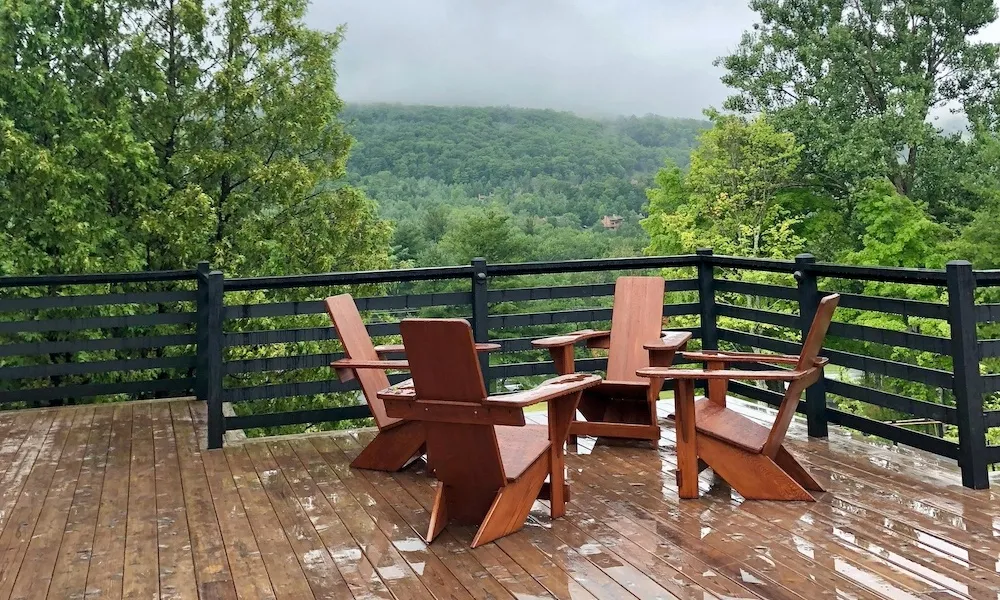
May 23, 2024
As a renter in California, your safety and comfort are paramount. Recent legislation, specifically Senate Bills 721 (SB721) and 326 (SB326), has been enacted to ensure the structural integrity and safety of balconies and other exterior elevated elements (EEEs) in multi-unit residential buildings. Here's what you need to know about these laws, how they affect you, and when to communicate with your landlord or Homeowners Association (HOA) about your rights.
1. Safety Assurance:
These laws are designed to protect you by ensuring that the balconies and other EEEs in your building are safe and structurally sound. Regular inspections help identify and rectify potential hazards before they become serious problems.
2. Inspection and Maintenance:
Inspections must be conducted by licensed professionals, including architects, structural engineers, or qualified building inspectors. If repairs are needed, they must be carried out according to the strict standards set by the law.
3. Notification of Repairs:
If an inspection reveals that your balcony or other EEEs require repairs, you should be notified by your landlord or HOA. It's essential to ensure that these repairs are completed promptly to maintain safety standards.
1. Before the Inspection Deadline:
If you haven't heard from your landlord or HOA about an upcoming inspection, it's crucial to reach out and ask about their plans for complying with SB721 or SB326. Knowing the timeline and the inspection schedule can provide peace of mind.
2. After an Inspection:
Once an inspection is completed, inquire about the results. Ask if any repairs are needed and what the timeline is for completing those repairs. Ensure that the landlord or HOA provides regular updates on the progress.
3. If You Notice Issues:
If you observe any signs of damage or deterioration in your balcony or other EEEs, report them immediately. Visible cracks, water damage, or unusual structural movements are red flags that need professional attention.
4. Your Rights as a Renter:
Under California law, you have the right to live in a safe and habitable environment. If your landlord or HOA fails to comply with SB721 or SB326, and necessary repairs are not made, you may have legal recourse. It's important to document all communications and, if necessary, seek advice from a legal professional.
While landlords and HOAs are responsible for compliance, renters also play a crucial role in maintaining safety:
SB721 and SB326 are crucial for ensuring the safety of balconies and other EEEs in multi-unit residential buildings. As a renter, staying informed about these regulations and communicating effectively with your landlord or HOA can help ensure that your living environment remains safe and compliant. At Contech Inc., we are committed to helping property owners and managers meet these standards, ensuring the safety and well-being of all residents.
Stay proactive, stay informed, and ensure your safety by engaging with your landlord or HOA about SB721 and SB326 compliance. For more detailed information and support, don't hesitate to reach out to qualified professionals who can guide you through the process.
